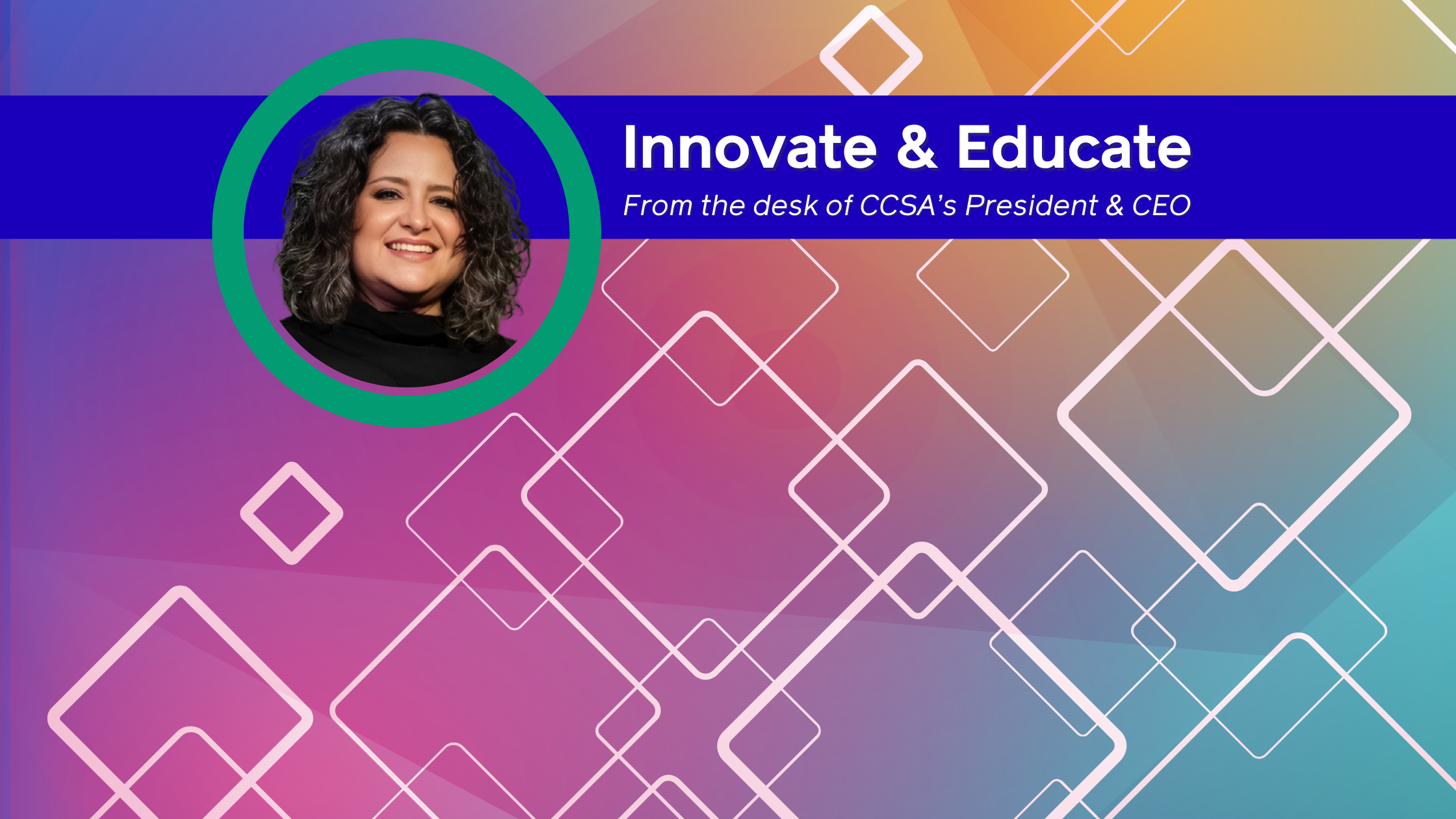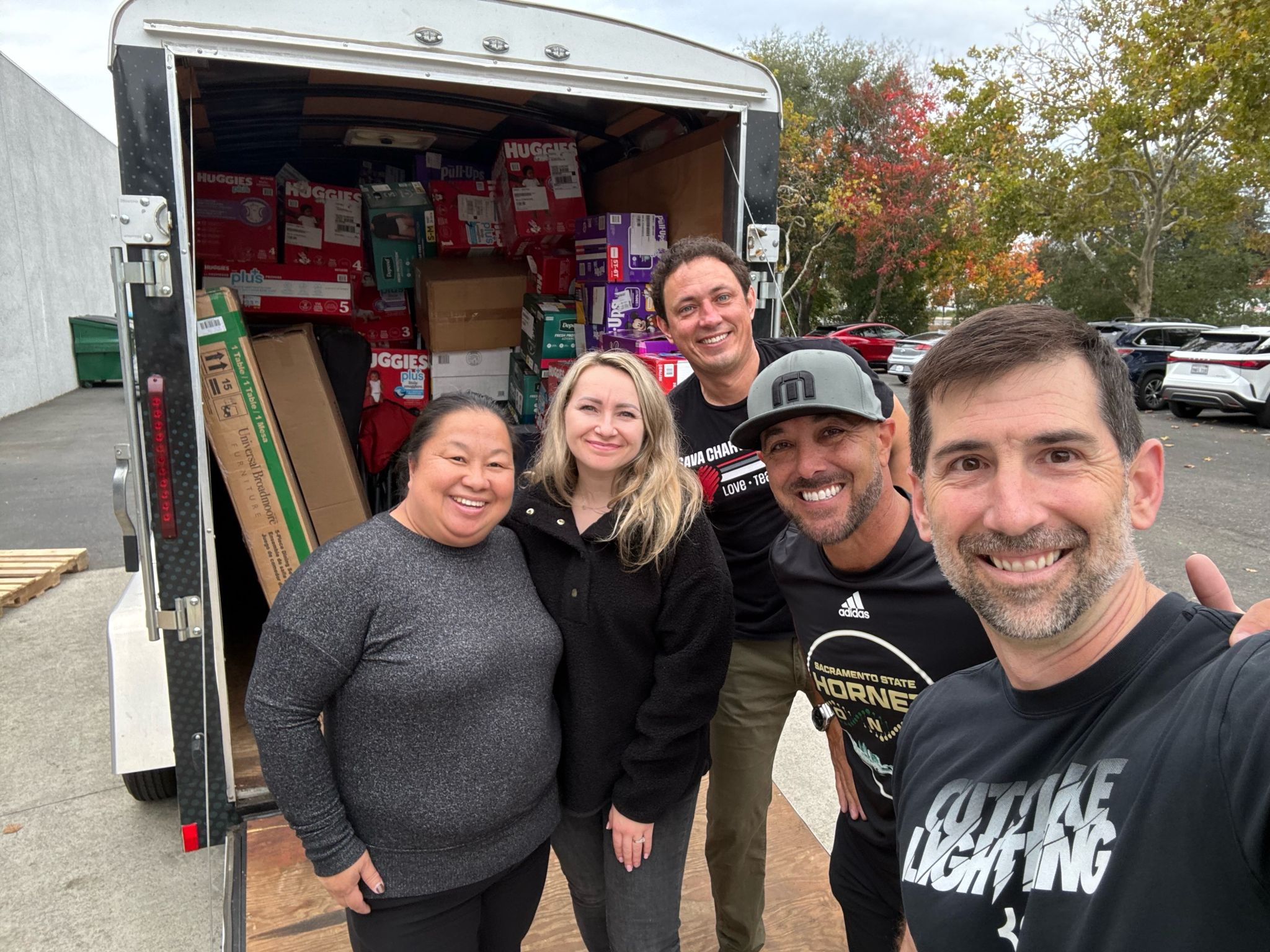John Benoit is a computer science teacher at Downtown College Prep Alum Rock High School
When I retired in 1996 after working for Intel for 25 years, I knew I wanted to work with underserved groups and technology. The faces I saw in tech, mostly Caucasian or Asian males, weren't the faces I saw on the streets of Silicon Valley, and it made no sense to me.
But teaching requires patience, and ask my coworkers, I'm not the most patient person in the world. Intel partnered with Encore.org to encourage senior folks to retire but providing a $25k stipend if they went to work part-time at a non-profit. So I did some searching, and some more, and came up with a few ideas. Encore then connected me to Downtown College Prep and I received a call from the school’s executive director asking if I was available to meet. I'd been retired for almost two months at that point and was ready to get moving.
I brushed up on what DCP did: Saw that they served low-income, first-generation students to and through college. But I had doubts because it was a charter public school, and they were supposedly ‘ruining public education.’
After meeting with Jennifer Andaluz from DCP, I felt pretty inspired. The school’s success rates (as measured by graduation rates for 9th-grade students, graduating on time and UC eligible) are three times higher for LatinX youth than East Side Union High School district rates. But Jen (you know it's a tight-knit company when the Executive Director and Co-Founder is "Jen" to everyone) and other staffers I met weren’t dwelling on their success, but asking how to build on it: How do we get the graduation rate past 90%? Why weren't more students getting into UC's? How can they engage the students with more possibilities, so that they'll put in the work to get to and through college?
Being a data-person, I put a sock in my mouth and my concerns about charter public schools aside. DCP was clearly serving their community and helping out in three engineering classes they were offering at their Alum Rock High School was really aligned with what I wanted to do - working hands-on with students interested in engineering, and deciding if it was right for them. The following year, I taught two introduction to computer science classes the following year.
I put my getting MATTC (Master of Arts in Teaching / Teaching Credential) at Santa Clara University on hold because the path to getting credentialed was getting in the way of teaching. Computer Science is not a core subject, so to teach with a regular credential, I'd have to qualify as a math or science teacher. I could work at the same time in an intern program, but then DCP would have to find another computer science teacher.
Thankfully, I discovered the Designated Subjects Career Technical Education (DS CTE) credential pathway, which allows people with industry experience to become teachers. It’s a quality alternative for those who only want to teach within their field and its online and weekend classes are perfectly tailored for working adults.
During a recent conversation with my wife, I wondered: would I still be teaching, and pursuing a credential, if it wasn't for the alternate pathway that allows me to teach and get a credential, without jumping through hoops? Or would I have had to stop teaching at DCP, and teach a full-time load of math or science at another school to get a credential? Would I make it through that experience still wanting to teach?
We should have high standards for all teachers and schools – charter and traditional public schools. In truth, the health and background checks are already in place, as are the teaching standards at charter public schools. But for years now, California has had a shortage of teachers, especially in S.T.E.M. Schools like DCP are part of the solution with their flexibility around credentialing and making a difference for their students. California should be looking at improving that solution, not trying to eliminate it.


